Research and publish the best content.
Get Started for FREE
Sign up with Facebook Sign up with X
I don't have a Facebook or a X account
Already have an account: Login
All about Educational Innovation, new tools & trends, MOOCs in Higher Education
Curated by
Alfredo Corell
 Your new post is loading... Your new post is loading...
 Your new post is loading... Your new post is loading...
|
|




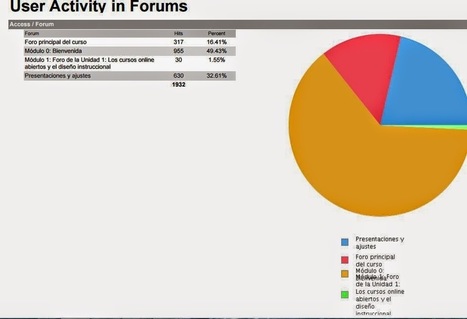


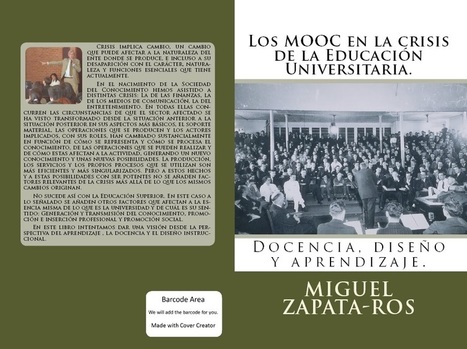




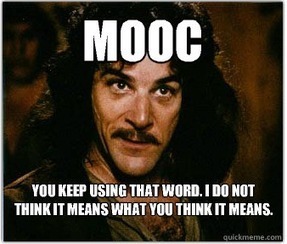


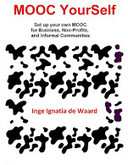
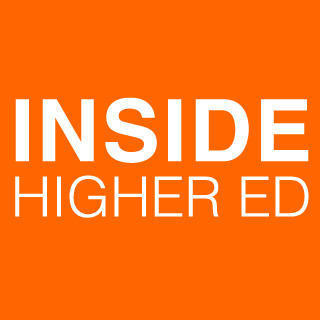



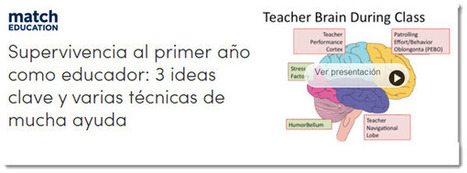

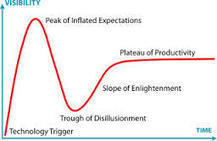



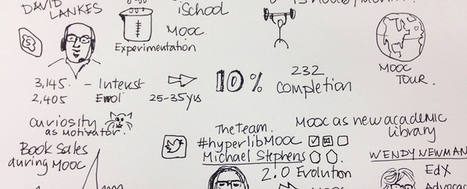


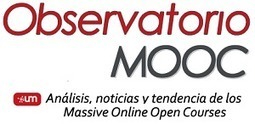







Desde el día 23 de marzo, durante una semana lectiva y otra de vacaciones, ha estado abierto el espacio del curso para que participantes y TA (Teaching Assistants) se ejerciten y se familiaricen con el entorno de la plataforma Open education. Para que se presenten, hagan comentarios y en general visiten las distintas páginas, affordances y recursos que constituyen el espacio del curso en la plataforma